One of the human species’ most admirable abilities is the capacity to drive social change. Throughout history, movements that promote change have been driven by passionate leaders. Whether it was women’s suffrage, the civil rights movement, the gay rights movement, or resistance against apartheid, strength and dedication marked the efforts of these leaders.
Women’s Right to Vote
Brit Emmeline Pankhurst founded the Women’s Franchise League in England in 1889. The League organized many demonstrations, as well as more extreme measure such as hunger strikes, in protest of the British government’s failure to give women the right to vote. Emmeline was arrested several times and went on hunger strike which resulted in violent force-feeding. British women legally gained the right to vote on July 2nd, 1928, as a result of her efforts.
Emmeline’s legacy can be seen in the 1964 musical film Mary Poppins in the song “Sister Suffragette.”
Susan B. Anthony joined the American women’s suffrage movement in 1852. Anthony traveled throughout the United States in spite of opposition and abuse, lecturing and canvassing for the vote. She also campaigned for the right for women to own their own property and retain their earnings, and advocated for women’s labor organizations. She was commemorated on the U.S. dollar coin. Anthony’s efforts resulted in women getting the right to vote on August 18, 1920.
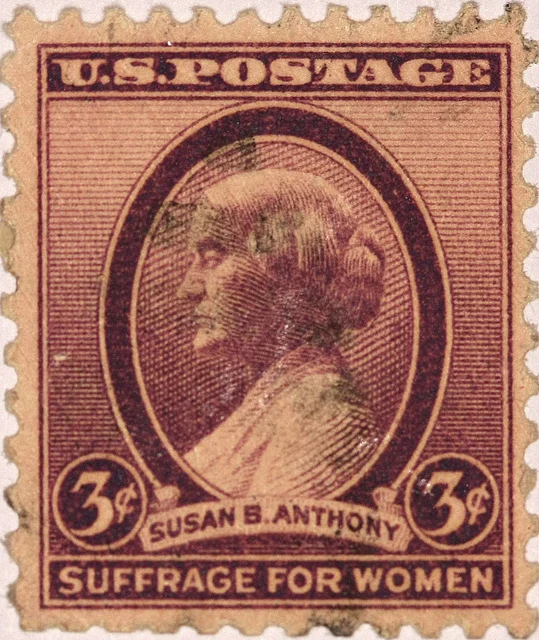
Civil Rights Movement
Perhaps the most famous civil rights activist in the U.S. is Dr. Martin Luther King, Jr., who led a nonviolent movement for change in the 1950s and early 1960s. He advocated for protests, grassroots organizing, and civil disobedience in place of violent activism. He is best known for his “I Have A Dream” speech, which took place at the Lincoln Memorial on August 28, 1963. In 1964, at age 35, Martin Luther King, Jr. became the youngest person to win the Nobel Peace Prize (at the time). King was assassinated on April 4, 1968.
Malcolm X was a devout Muslim after converting while serving time in prison. Upon release, he became was a proponent of black rights. After making a pilgrimage to Mecca, Malcolm X became an advocate for integration. He preached to all races about equality. He is well known for his charisma and oratory skills, which helped him galvanize the public into joining the civil rights movement. Members of the Nation of Islam, which he had left for moral reasons, assassinated Malcolm X on February 21, 1965.
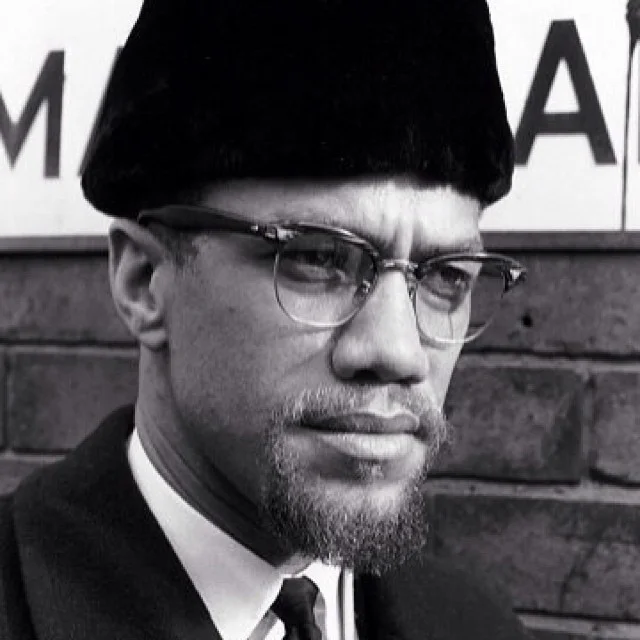
LGBT Rights Movement
This movement is far from a thing of the past; however, its history is rich and worth taking a look at.
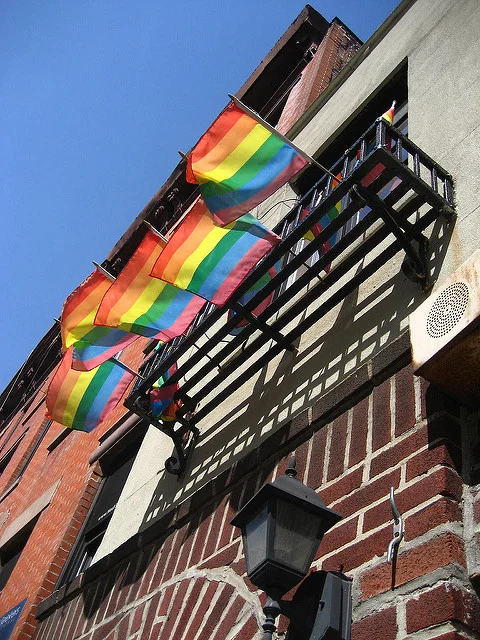
Brenda Howard is known as the “Mother of Pride.” A bisexual and polyamorous woman from New York City, Brenda organized the first Pride parade in 1970 and popularized the use of the word “pride” in LGBT circles. The 1970 Pride march marked the one-year anniversary of the Stonewall riots. Howard lobbied successfully for gay rights in New York City and chaired the Gay Activists Alliance.
Harvey Milk was the first openly gay person elected to public office. When Milk began planning a run for city supervisor, he sought the support of the gay political sphere but was met with a cold rejection. However, he built up support among members of the LGBT community who felt that political representation had taken too soft of a stance and were tired of the harassment and discrimination they often faced. Milk’s oratory and media skills brought him a lot of press attention in 1973, and although he lost the election that year, he came in 10th out of 32 candidates. Milk was finally elected supervisor in 1977 and made headlines as the first openly gay non-incumbent man to hold elected office.
Internal Resistance Against Apartheid
Also called Madiba, Nelson Mandela is revered in South Africa for his resistance against the apartheid state. Mandela was originally imprisoned for leaving the country without a permit and inciting people to strike. He was further convicted of four counts of sabotage and conspiracy to overthrow the government and was given a life sentence. He ultimately served 27 years. His “Speech from the Dock”, which he gave while facing the death penalty on April 20, 1964, reads, “I have fought against white domination, and I have fought against black domination. I have cherished the ideal of a democratic and free society in which all persons live together in harmony and with equal opportunities. It is an ideal which I hope to live for and to achieve. But if needs be, it is an ideal for which I am prepared to die.” Mandela was voted South Africa’s first democratically elected president on May 10, 1994.
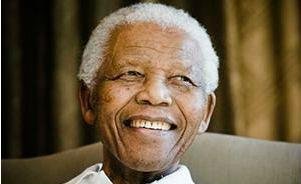
In 1978, in his position as general secretary of the South African Council of Churches, Desmond Tutu began to speak out about the injustices of apartheid. The South African government persecuted him and denied him a passport. After 18 months without a passport, the government granted him a limited travel document. Tutu traveled to the United States and educated Americans about the apartheid state. In 1984, Tutu received the Nobel Peace Prize for his untiring efforts. Tutu was elevated to the position of Archbishop of Cape Town and became a principal mediator in the transition to democracy. He urged for civil disobedience as well as foreign divestment from the apartheid government. Post-apartheid, President Mandela asked Tutu to chair the Truth and Reconciliation Council, which was set up to bear witness to, record, and sometimes grant amnesty to the perpetrators of human rights abuses.
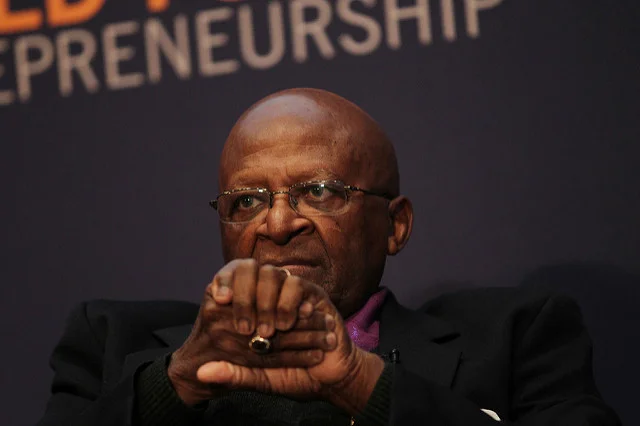
The Environmental Movement
The environmental movement began in the 1950s with concern over water and air safety, as well as nuclear non-proliferation. After an oil spill in Santa Barbara in 1969, the U.S. government passed the National Environmental Policy Act in 1970. In the same year, the Environmental Protection Agency was created and the first Earth Day took place. In the 46 years since, environmental agencies have lobbied for bills that protect the ecosystems and keep species from becoming extinct. Sustainability has become more and more relevant as the effects of climate change have begun to reveal themselves. This movement is global and extremely pertinent to the future of our planet.
